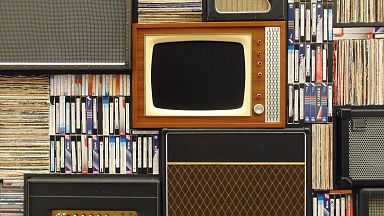

In Britain, those over 75 do not have to pay for it. In Germany, its existence is being debated in the Federal Constitutional Court. In Switzerland, most of the population voted against its abolition in a referendum. But what about other countries?
ADVERTISEMENTIn Britain, those over 75 do not have to pay for it. In Switzerland, most of the population voted against its abolition in a referendum. But what about other countries?
While the broadcast-receiving licence fee in many countries has depended on whether or not a TV set or radio lies in the household, in other places the levy still applies even if the service isn’t being used.
By far, the Swiss Confederation digs deepest for its public service broadcasting (ÖRR), where around €418 is due per household.
Nevertheless, at the beginning of March, 71.6% of the Swiss rejected the "No Billag" initiative which sought to axe radio and television fees.
In Hungary and Cyprus on the other hand, license fees have been abolished, and in Greece, every household has to pay three euros per month - the lowest fees in Europe. In Italy, the contribution is made via a household’s electricity bill.
Aside from Switzerland, Europe’s steeper licence fees are dished out in the Scandinavian countries. In Denmark, each household has to pay around €29.58 per month for a television or internet-capable PC, in Norway it costs €25.80, and in Sweden it’s €20.37.
In Finland, the bill is dependent on income (0.68% of total income).
In the UK, people under the age of 75 must pay an annual fee of £150.50 (€172) for their TV licence, although a reduced rate applies to care home residents, the severely sight impaired, and householders who still use a black and white television set.
For Spain, license fees are levied on income tax, regardless of whether a broadcasting service is being used by a household. According to a 2016 study, the fees are estimated to be worth €38.90 per year, albeit per capita.
In Switzerland, Austria and Germany, however, people only pay for public service radio.